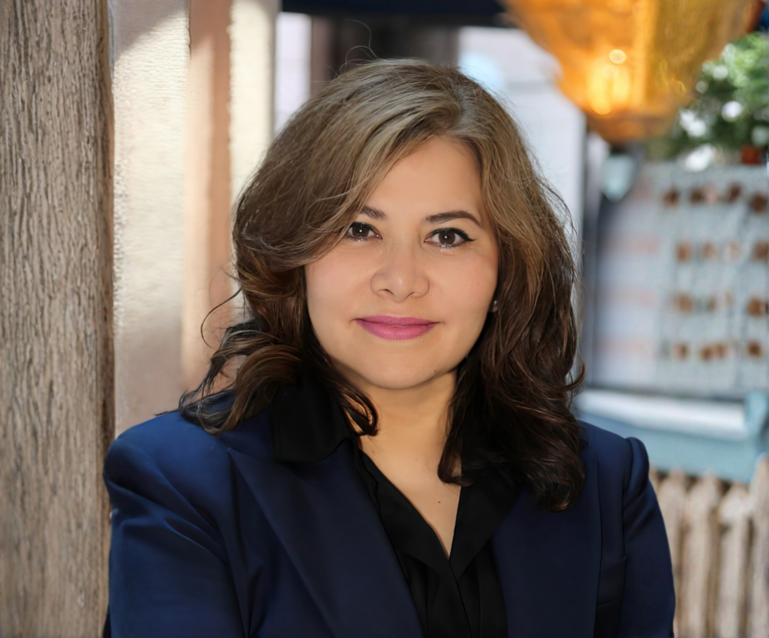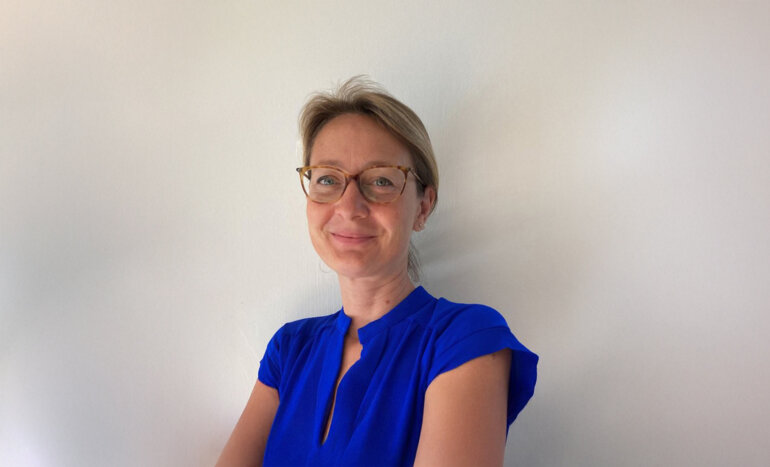Research and treatment approaches have come a long way since triple-negative breast cancer was first recognised, but there is still progress to be made, according to Associate Prof. Rebecca Dent
Recipient of this year’s ESMO Women for Oncology Award is Associate Prof. Rebecca Dent from the National Cancer Center Singapore, an inspiring role model to many women in the field. The award was given in recognition of her significant contributions to mentoring younger colleagues and fostering women's career development. A mother of two young children and the first Division Chair of Medical Oncology at one of the largest comprehensive cancer centres in Southeast Asia, she is also a career-long clinical and translational researcher, as well as an education-focused academic clinician in triple-negative breast cancer (TNBC), a disease which she was among the first to describe.
How has the management of triple-negative breast cancer evolved so far?
Before the term ‘triple-negative breast cancer’ was even coined, we knew that young women with breast cancers that were negative for oestrogen receptor, progesterone receptor and HER2 expression had, on average, much more aggressive disease and larger tumours at presentation. TNBC was analogous to the ‘acute leukaemia’ of breast cancer and, for me, the need for research into better treatment was very clear to improve prognosis.
The paradox was that even though these were highly aggressive breast cancers, they were actually more sensitive to chemotherapy especially at presentation. For this reason, we sought to maximise therapy in the early breast cancer setting. In addition, we were aware that the metastatic setting was where patients with TNBC were shown to have resistant disease with no obvious targeted therapy and where patients died within 9–12 months of diagnosis. Consequently, we were driven to treat as many patients as possible in the neoadjuvant setting to optimise the opportunity for novel therapies and achieve a complete pathological response (pCR). We have made some progress – the most recent data show that around 65% of patients can achieve a pCR, which translates into a 3-year recurrence-free rate of over 90%. In the metastatic setting, we continued to interrogate TNBC and after extensive global molecular exploration, we have identified subgroups that are now targetable with, for example, immunotherapy and PARP inhibition.
What are the key challenges and opportunities in treating breast cancer today?
We have learned from familial studies that there is strong penetrance of a few selected genes and now polygenic risk scores are raising questions about the mechanisms that trigger breast cancer in very young women. So, I think we still have a long way to go to understand what is distinct about young women with breast cancer and who are the ones most at risk.
Today, we are witnessing the extraordinary power of antibody–drug conjugates and their ability to potentially displace traditional chemotherapy. But what has really caught my eye is the very recent positive results of mRNA vaccines against late-stage cancers.
Among the diverse roles you have fulfilled across the world, what has been the greatest challenge faced in your career and your greatest achievement?
Relocating to a different country with a distinct culture in my early career left a huge gap in my career development, but I was able to strategically fill this gap with interactions with professional societies like ESMO and numerous colleagues, both in Singapore and around the world.
I was fortunate to be involved early in the recognition and classification of a novel subtype of breast cancer, in what we now recognise as TNBC. Naturally, I have devoted my career to exploring novel therapeutic avenues as they emerged from our improved understanding of TNBC biology. It is heartening to see the progress made over the years. Even at this year’s ESMO meetings, we are seeing massive improvements in both early and relapsed TNBC – there is no longer such a negative outlook.
Finally, I have had the real privilege of seeing my young patients go on to assume very successful personal lives and in fact, this year, two of my patients delivered beautiful baby boys.
Dent R. It takes a global village to raise a colleague. ESMO Congress 2021
ESMO Women for Oncology Award 2021, 17.09.2021, h. 12:45 – 13:15, Channel 3






